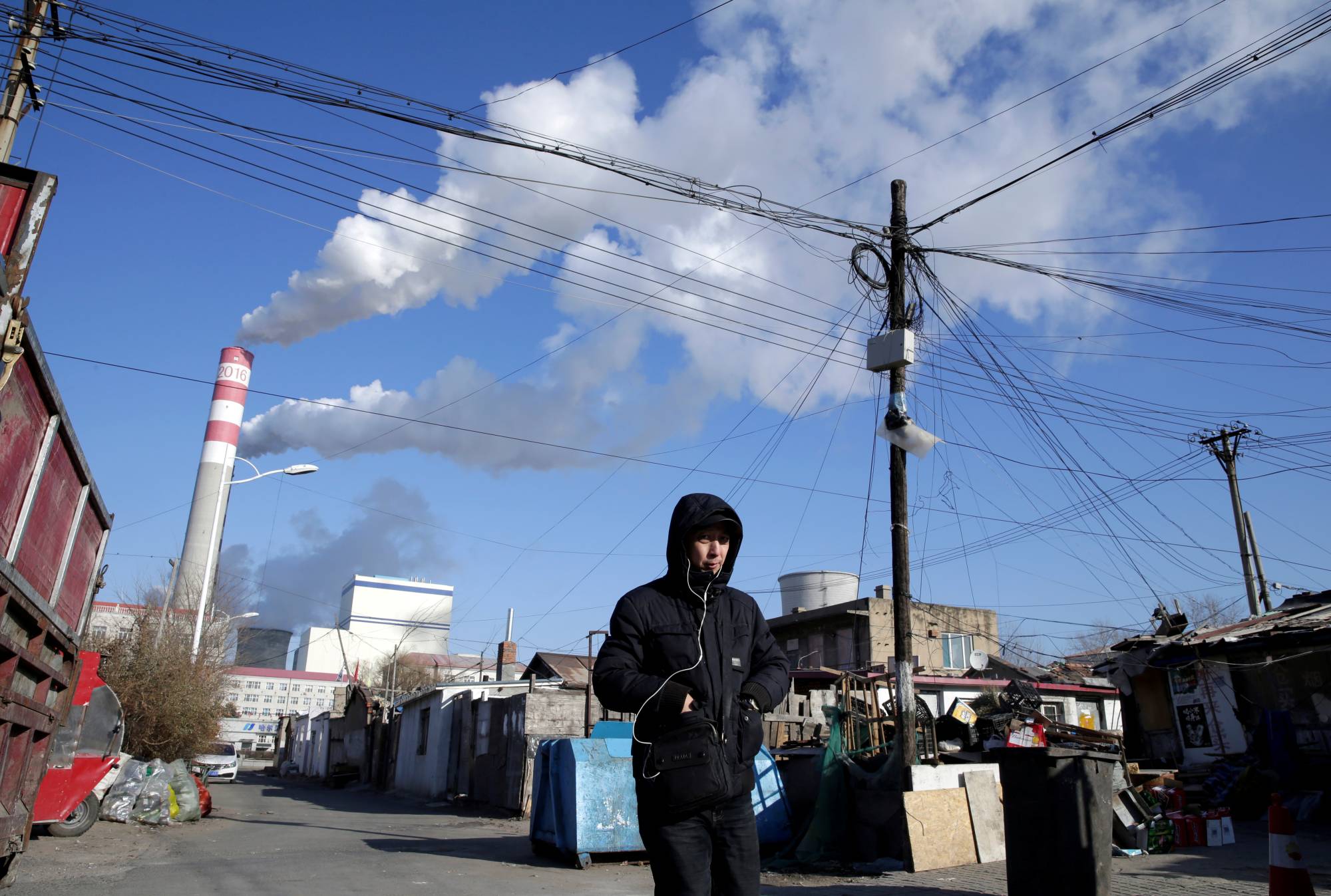A key two-day climate climate summit starting Thursday, hosted by U.S. President Joe Biden, aims to show that America is once again ready to take a leading role on enacting policies and cutting greenhouse gas emissions to prevent catastrophic global warming.
But convincing the leaders of the 40 invited countries to pledge the deep cuts to emissions by 2030 that scientists say are needed could prove difficult. International concerns remain about the U.S.’s own ability to keep such promises if a different presidential candidate wins in 2024, and there are questions over Biden's ability to convince China, the world’s No. 1 greenhouse gas emitter, to agree to a strong target.
The summit takes place just one week after Prime Minister Yoshihide Suga became the world’s first foreign leader to personally visit Biden since he became president in January. The U.S.-Japan climate partnership that emerged from that meeting reinforces bilateral cooperation in achieving each country’s 2050 net zero emissions goals and 2030 targets. The new partnership calls for more cooperation regarding renewable energy, energy storage, smart grids, hydrogen and carbon capture, among other technologies.

















With your current subscription plan you can comment on stories. However, before writing your first comment, please create a display name in the Profile section of your subscriber account page.